Nature reports
Publisher: NIOZ Royal Netherlands Institute for Sea Research
Page 3 of 7 - 66 Results
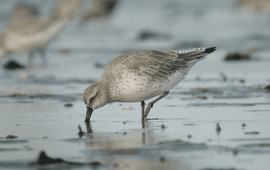
In any group of red knots, respective individuals exhibit a remarkable array of distinct character types. Birds with an exploratory character are motivated to investigate their environment and readily explore unfamiliar areas...

On the mudflats along the Chinese coasts where non-desctructive forms of aquaculture are practiced, shorebirds like knots and bar-tailed godwits are doing relatively well. “The culturing of shellfish is by no means a way of nature..
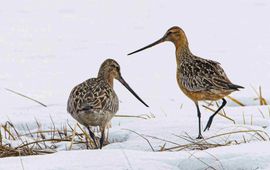
Changing climate may slowly erode the difference between two subspecies of bar-tailed godwits. That warning is voiced by bird researchers from the Royal Netherlands Institute for Sea Research (NIOZ) and the University of Amsterdam..
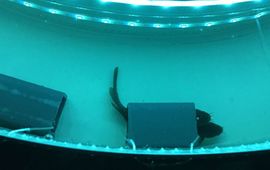
For cold-blooded species, temperature determines their activity and metabolism: if it is warm enough, they become active and if it gets too cold, they remain still. But apart from temperature, fish respond to more environmental..
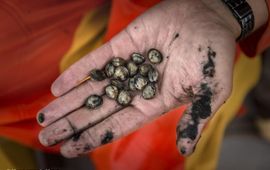
As tidal flats subside due to gas extraction, their composition changes. This is shown in a paper that is published in this month’s Journal of Applied Ecology. ..
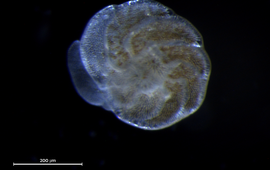
The fossil calciferous skeletons of single-celled foraminifers are a beautiful history book with information on CO2-levels in the oceans of the distant past. "But if you want to fully understand that history, you must first..
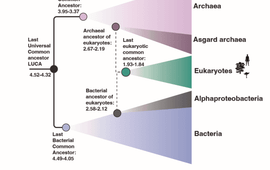
LUCA, the ‘last universal common ancestor’ of all living organisms, lived 4.32 to at most 4.52 billion years ago. This is indicated by a study from NIOZ biologists Tara Mahendrarajah and senior author Anja Spang, with..
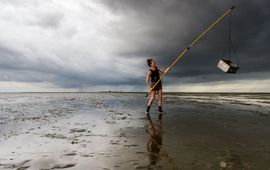
Contrary to the population trends for many shorebirds, sanderlings have been doing relatively well in the Wadden Sea for the past years. The key to that success lies in the timing of these little birds' main food: shrimp on the..
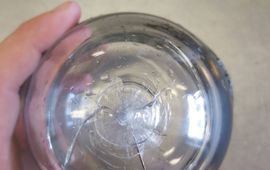
Due to the changing climate, the underwater world is getting ever noisier. That is the main conclusion of a study that was published today in the scientific journal PeerJ. ..
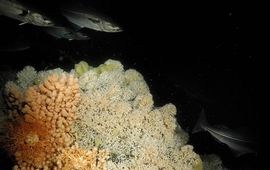
For the first time, proof has surfaced that even cold-water coral reefs that live in the cold and dark deep sea, grow in self-organised patterns. Such pattern formation is a ’trick’ that enhances the resilience of ecosystems under..
